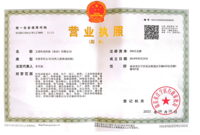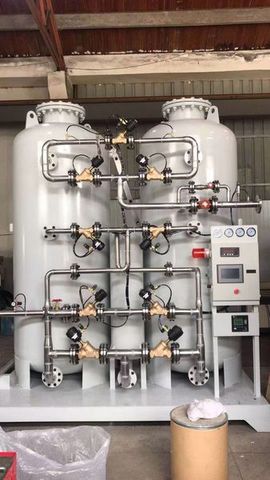Description
The Role of Nitrogen Generators in the Laser Cutting Industry: During the laser cutting process, assist gas is used to remove molten metal, cool the cutting area, and protect the cut surface. For easily oxidized materials such as stainless steel and aluminum alloys, nitrogen, as an inert gas, effectively prevents oxidation on the cut surface, maintaining smooth edges and excellent performance. Nitrogen generators generate high-purity nitrogen (typically 99.9%-99.999%) to provide a reliable gas source for laser cutting machines. Their primary functions include: Preventing Oxidation on the Cutting Surface: Nitrogen reduces the oxygen concentration in the cutting area, preventing metal oxidation and ensuring a smooth, burr-free cut edge. Improving Cutting Quality: The inert atmosphere reduces edge burning, discoloration, and heat-affected zones, improving cutting accuracy and surface quality. Ensuring Safety: Reducing oxygen concentration reduces the risk of fires caused by hot metal or dust. Saving Costs: On-site nitrogen generation replaces liquid or bottled nitrogen, significantly reducing gas procurement, transportation, and storage costs. Improving Production Efficiency: A continuous and stable nitrogen supply supports long cutting operations and reduces downtime. II. Working Principle of Nitrogen Generators for the Laser Cutting Industry: Nitrogen generators for the laser cutting industry typically use pressure swing adsorption (PSA) technology to separate high-purity nitrogen from air. The process is as follows: Air Compression: An internal compressor pressurizes ambient air to 0.4-0.8 MPa. The air is composed of 78% nitrogen, 21% oxygen, and other trace gases. Molecular Sieve Adsorption: The compressed air enters an adsorption tower filled with carbon molecular sieve (CMS). The CMS preferentially adsorbs oxygen, carbon dioxide, and water vapor, while nitrogen, which is less adsorbed, passes through the adsorption tower and enters the collection system. Pressure Switching and Regeneration: When the molecular sieve in one adsorption tower becomes saturated, the system switches to the next adsorption tower, simultaneously releasing adsorbed gases such as oxygen through pressure reduction to regenerate the molecular sieve. This process cycles rapidly (10-60 seconds per cycle), ensuring a continuous nitrogen supply. Nitrogen Output: The separated high-purity nitrogen is transported via high-pressure pipelines to the laser cutting machine's gas system. Purity can reach 99.9%-99.999%, meeting the requirements of high-precision cutting. Some nitrogen generators are equipped with explosion-proof designs and nitrogen purity monitors to ensure safety and stability in high temperature or dusty environments.
- nitrogen generator
- nitrogen gas making machine
- mitrogen plant
- psa nitrogen generator
Production Capacity:
1500
Delivery Timeframe:
Within 30 Days
Incoterms:
EXW - Ex Works
FOB - Free on Board
Packaging Details:
wooden
More about
Enul Electromechanical Technology (Nanjing) Co., Ltd
10-50
Employees
500K - 1M
Sales volume (USD)
Not informed
Year
Established
Business type
- Industry / Manufacturer
Keywords
- nitrogen generaor
- oxygen generator
- separatation equipment
- high pressure piston air compressor
Contact and location
-
Scarlett ********
-
+86 8********
-
南京 / jiangsu | China






